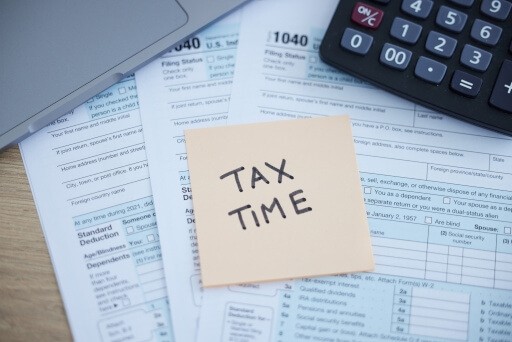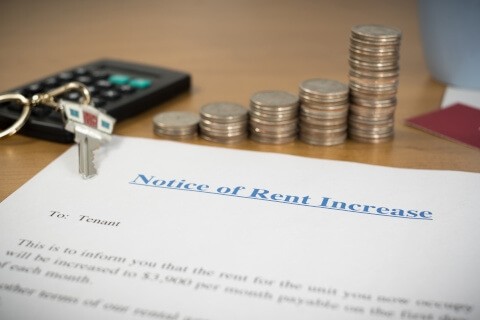Knowing exactly when to sell your rental property can be tricky. The truth is, many landlords are able to hold onto their rental properties well into retirement if their rentals are still providing a profitable source of income.
But if you’re trying to decide when exactly to sell your rental property, there are plenty of reasons and strategies that can help dictate the perfect timing for you, from market conditions to personal feelings and everything in between.
It might be the right time to sell your rental property if:
Your Rental Property Is Worth More Money Now
If your rental property is now worth a substantial amount more than when you bought it, you may want to consider selling your rental property.
This strategy is popular with house flippers, who sell a property within a year or less of buying it. Although most house flippers do not purchase a property with the intention of renting it out, it is a common backup plan if they’re having a hard time selling a particular property.
There are some long-term house flippers that buy a property with a five-year plan in mind that looks something like: purchase the property, rent it out, make gradual updates to the property, and then sell once prices have risen in their area. Maybe you’re something of a long-term house flipper yourself.
Your Rental Property Is No Longer Profitable
To determine whether your rental property is profitable or not, subtract all of your property-related expenses (mortgage payment, maintenance fees, etc.) from your total rental income. If you’re putting in more money than you’re getting back, it may be time to sell.
Before you decide to sell, see if you can tweak the numbers to increase your rental profit. Compare your rental rate to similar properties in your area. If you list with Apartments.com, you have access to a rent comparables report. If you find that similar properties to yours are charging higher rental rates than you are, consider raising your rent before you decide to sell your property. Especially if you’ve renovated your rental property or made upgrades over the years. To save on your maintenance costs, consider your contractor relations as well.
You Don’t Want to Be a Landlord Anymore
Although being a landlord may have sounded great initially, perhaps you’ve found that it requires more work than you thought. Whether your landlord duties are taking over your free time or you’re having trouble being firm with tenants, you’ve decided that you’re tired of having to be a landlord. Before you sell your property right away, see if hiring a property manager may be a better route to choose.
You Are Moving Away from Your Rental
It’s much easier to manage your own rental properties when you live near them. That way, you can be present for any inspections, maintenance, or to make repairs yourself.
You can still keep your rental while living far away, but it may be in your best interest to hire a local property manager to attend to issues more efficiently. You could also sell your property and buy another one in your new location.
You Want to Buy Another Rental Property
Maybe your current property is due for some costly repairs, such as a new roof or HVAC system. You might want to sell rather than spend a small fortune on major repairs.
Perhaps you purchased an inexpensive property, but now you want to buy a more expensive property and collect more money in rent. If you decide to buy another rental property after selling your current one, consider filing a Section 1031 Exchange to postpone paying tax on any income you gain at the time of the sale.
Certain Life Events Have You Reconsidering
Whether you purchased your rental property knowing that the time of a certain event would also be the time you sell your property, or a particular event has made you want to sell, common reasons people consider selling their properties include:
- Sending a child to college
- Buying your own dream home
- Preparing for retirement
- Experiencing a death in the family
- Being laid off from a job
Whatever life event has occurred, be sure to meet with a financial advisor to avoid making any rash decisions. A financial advisor can serve as an objective third party to guide your decision-making. For example, it might make more sense to hold onto the property if it serves as a good stream of income for you.
Whether you decide to sell or keep your rental, do so with confidence in the reasoning behind your decision. There is no one-size-fits-all approach to selling your rental so do what works best for you. Keep in mind that it is possible to sell your rental property even when it is occupied by tenants. Just be sure to be transparent with your tenants and give them plenty of advanced notice of a potential sale.











